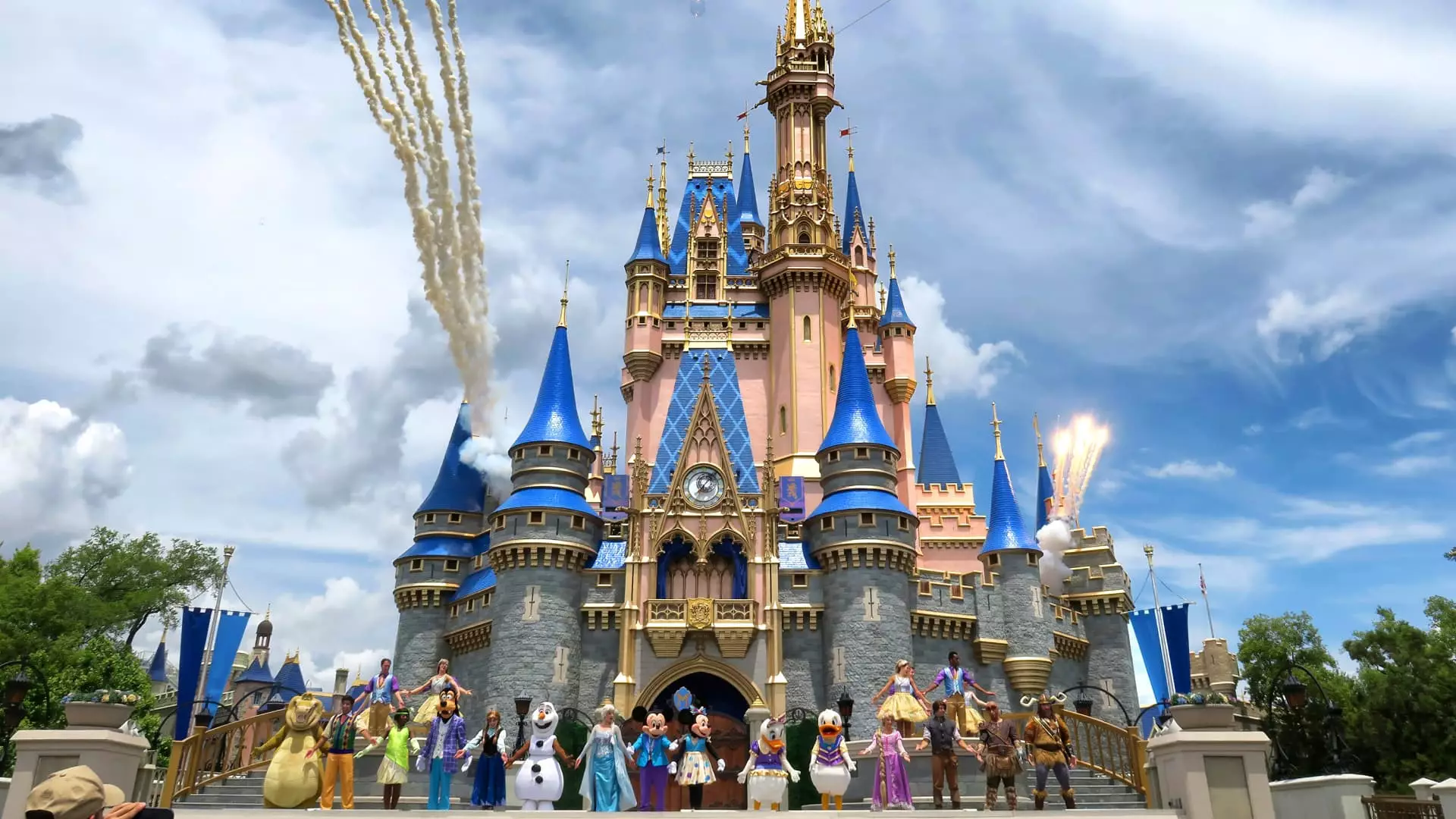The U.S. travel sector has shown remarkable resilience in recent times, with domestic travel numbers bouncing back to pre-pandemic levels. Despite the challenges posed by the ongoing pandemic, air travel has seen a surge in demand. However, concerns are now being raised about the impact of rising inflation on consumer spending in certain areas of the travel industry.
In a surprising turn of events, theme parks, particularly those operated by major companies like Disney and Universal Studios, are facing a downturn in demand. According to Disney’s 2024 third-quarter results, the company attributed a decline in theme park revenue to a “softening consumer environment.” Similarly, Universal Studios’ parent company Comcast reported a significant drop in theme park revenue due to lower attendance levels. This trend suggests that consumers are becoming more selective in their choice of leisure activities, posing a challenge to theme park operators.
While Disney parks continue to be among the most visited attractions globally, there are growing concerns about the increasing cost of visiting these destinations. Over the past decade, the price of a one-day, single-park ticket for Walt Disney World has risen by an average of 5% per year. This inflation rate far exceeds the national average and has put pressure on budget-conscious travelers. The cost burden of visiting a Disney park has been on the rise, with a Magic Kingdom ticket reaching as high as $189 during peak travel times.
Impact on Consumer Behavior
As ticket prices at Disney parks continue to climb, consumers are faced with a dilemma. While the price of the cheapest ticket has remained steady since 2019, the overall cost of a Disney vacation has increased significantly. This has raised questions about whether a trip to a Disney park is becoming too expensive for the average American. With consumers having more options for leisure activities, theme park operators face the challenge of attracting visitors while balancing the cost of admission.
The Competitive Landscape
In an era where consumers have a plethora of choices for entertainment and travel, theme parks must adapt to the changing landscape. Disneyland Resort President Ken Potrock emphasized the need for theme park operators to listen to consumer needs and make strategic decisions to remain competitive. The competition in the theme park industry is fierce, and companies like Disney and Universal Studios must find ways to appeal to a diverse range of customers.
The rising costs of visiting Disney parks have raised concerns about affordability for the average American. With ticket prices on the rise and consumer behavior shifting, theme park operators must navigate a challenging environment to maintain their appeal. As the travel sector continues to evolve, the future of theme parks remains uncertain, with affordability emerging as a key factor for consumers.


Leave a Reply